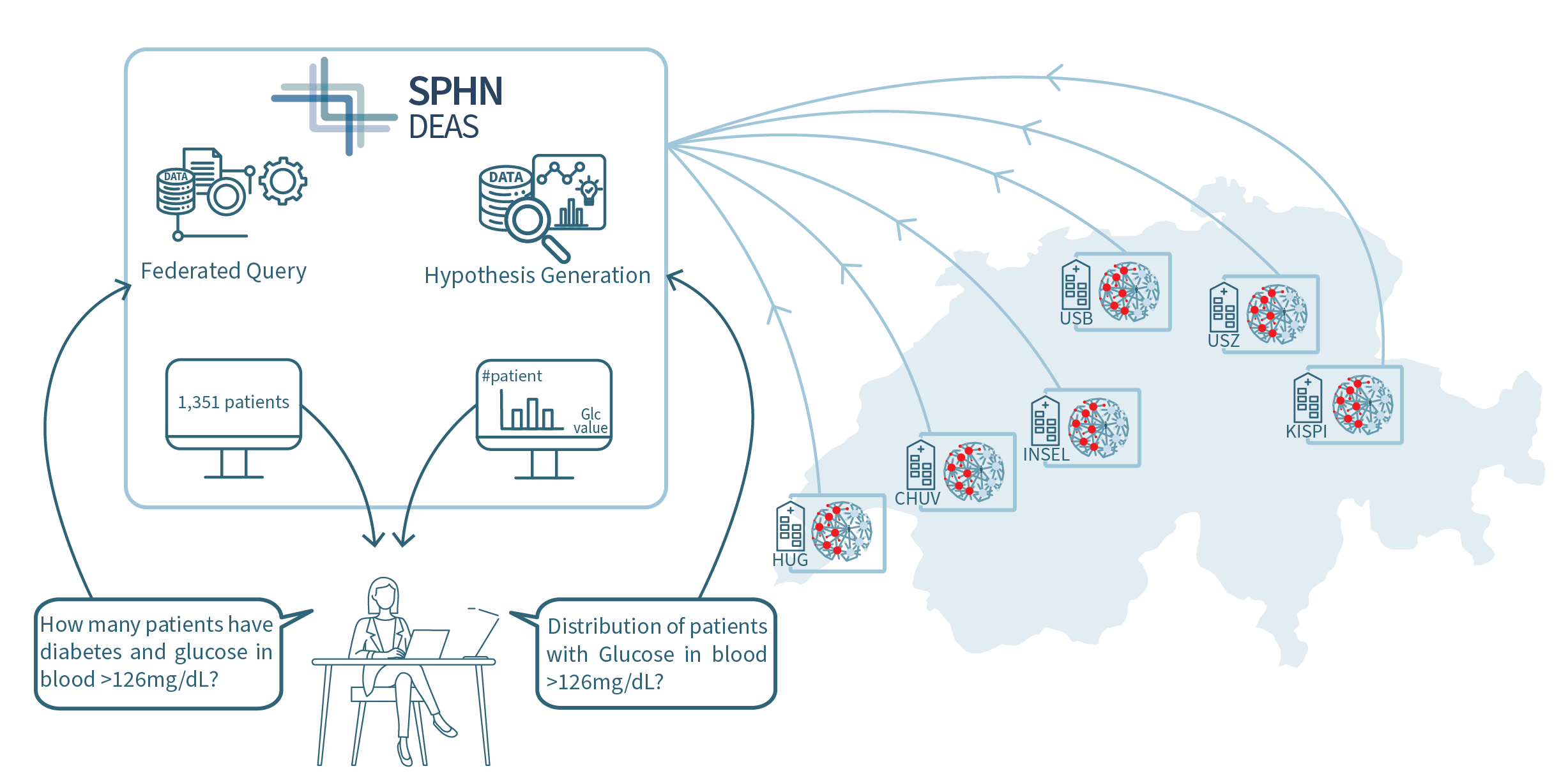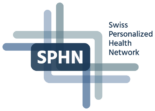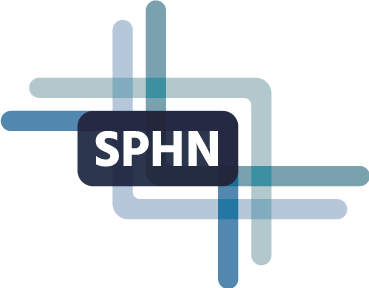SPHN is introducing the SPHN Data Exploration and Analysis System (DEAS). It offers researchers improved tools for conducting data queries and feasibility studies. This platform will replace the current Federated Query System, which will be discontinued by December 2024.
SPHN is expanding its data query capabilities with the new Data Exploration and Analysis System (DEAS). DEAS, currently being piloted across Swiss university hospitals, will mark a major enhancement of the current Federated Query System (FQS). It will offer researchers a more powerful and user-friendly platform to both, conduct feasibility queries and explore data to support hypothesis generation. DEAS will enable secure access to aggregated data from Swiss hospitals while adhering to the highest privacy standards. Developed in collaboration with University Hospital Zurich (USZ), University Hospital Basel (USB), Inselspital (INSEL), Geneva University Hospitals (HUG), Lausanne University Hospital (CHUV), University Children’s Hospital Zurich (KISPI), and technology partner Tune Insight—DEAS is poised to transform data-driven research in Switzerland.

Enhanced Features for Data Exploration
The feasibility queries in the current FQS system enable researchers to identify how many patients meet specific search criteria related to demographic, procedures, diagnosis, medication, lab tests and results. With DEAS, such queries will be extended to all available data in the hospitals covered in the semantics defined in the SPHN Schema. The implementation of a knowledge graph in each hospital enables the introduction of new exploration functionalities. Following the successful completion of two previous pilots (SPO and BioRef), DEAS will offer two additional, powerful data exploration methods:
- Value Distributions – Researchers will be able to explore distributions of selected parameters, such as glucose in blood levels (LOINC 2339), across a defined cohort.
- Survival Curves – Researchers will be able to generate survival curves for a defined cohort, providing insights into outcomes over time.
Security and Privacy Measures
SPHN remains committed to the highest levels of data protection. DEAS incorporates several advanced security measures to ensure data privacy, including but not limited to:
- Counts and Aggregated Results Only – Researchers will only have access to aggregated data, preventing the identification of individual patients. Individual patient-level data is securely stored decentralized at the hospitals.
- Homomorphic Encryption – Sensitive data remains encrypted during the entire querying process, ensuring that data is never exposed, even during analysis.
- Data Obfuscation – Further techniques are employed to mask sensitive information.
- Patient Privacy Protection – Results for queries yielding fewer than 10 patients are automatically suppressed to prevent potential re-identification.
This pilot represents an important step forward in enabling personalized health research. As part of this development, the current SPHN FQS system will be discontinued as of December 2024. The transition to DEAS in 2025 will provide researchers with new tools to explore clinical data securely and efficiently, advancing medical science and improving patient outcomes across Switzerland in the long term.

